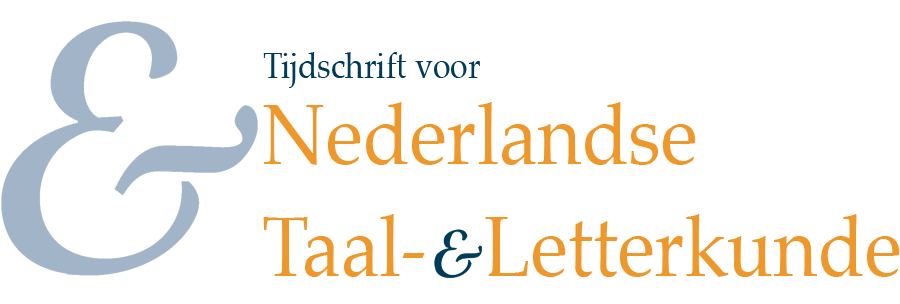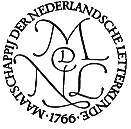Cats’ Self-stryt een Arminiaanse tekst?
Samenvatting
In 1620 Jacob Cats published his didactic poem Self-stryt, about the biblical story of Joseph in Potiphar’s house (Genesis 39) the title of which he might have borrowed from the English translation by his friend Josuah Sylvester, of George Goodwin’s Automachia (1607). Self-stryt can be read as an Arminian text, as the protagonist Joseph fights off the advances of Potiphar’s wife, with God’s help surely but in the first place by his own good will. In 1620 this would be a dangerous view. The persecution of the Remonstrants was still in full flow. Maybe at instigation of the clergy of Middelburg, good friends of the poet, he therefore added an emblematic poem Sinne-beelt, plus commentary in which he defended the Counter-remonstrant theology, with a heavy accent on God’s grace through Jesus Christ. The real Self-stryt is now only to be found in born-again Christians and not in all well-meaning people. The combination of Self-stryt and Sinne-beelt makes the book acceptable for orthodox readers. My argument is that Cats himself did not want to be involved in the dogmatic quarrels of the period. When commenting on the Synod of Dordt (1618-1619), at the time but also later on, he always avoids taking sides. His own position might be characterized as semipelagianist or synergist: man must be willing to accept God’s grace.
Terugverwijzingen
- Er zijn momenteel geen terugverwijzingen.



